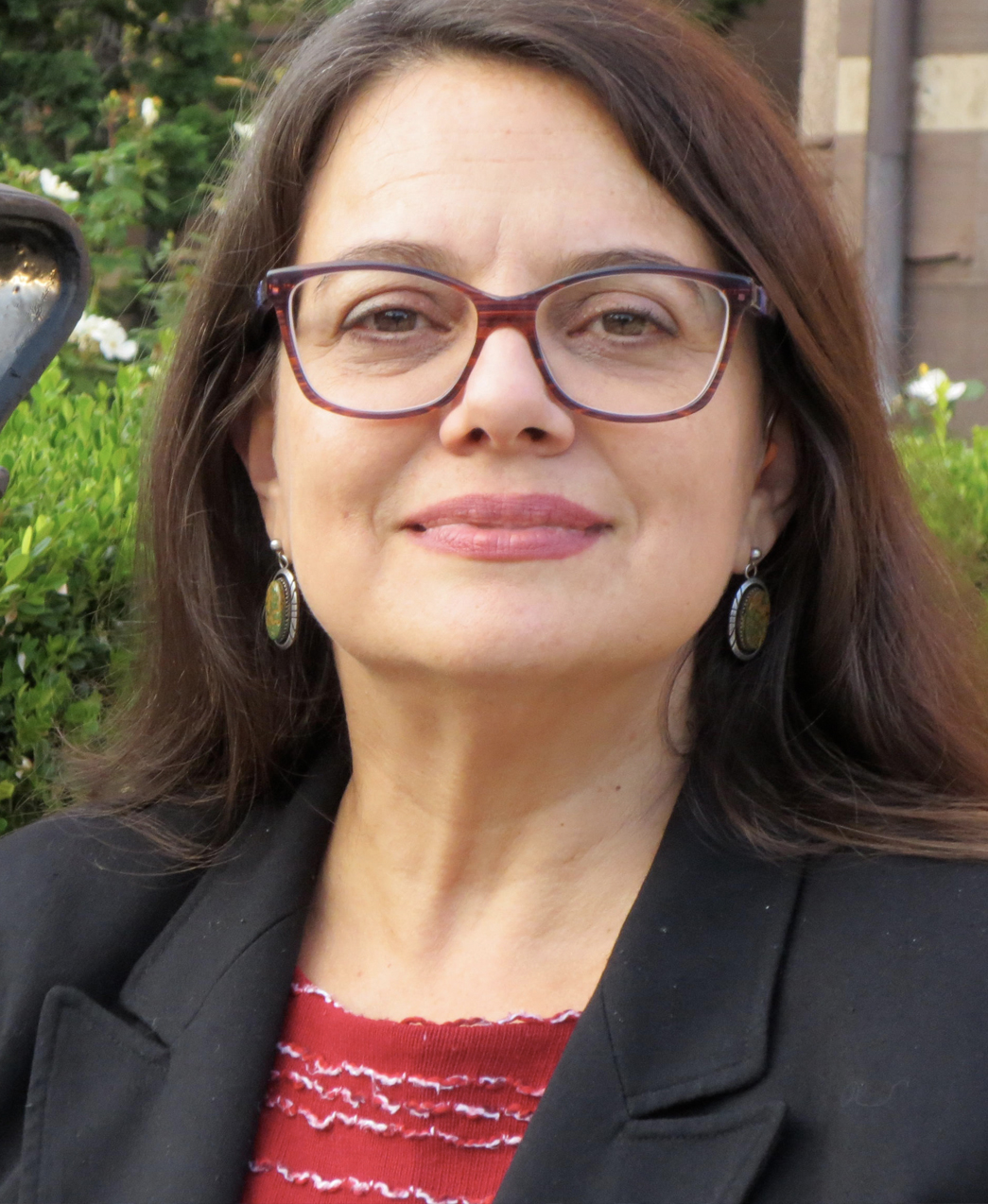Presented by the Wolf Humanities Center and the ASL Program in the Department of Linguistics
One of the oldest debates in deaf education revolves around the question of whether a deaf child should learn a signed language or not. Another is about nonsigning/hearing parents’ role in this decision. Teresa Blankmeyer Burke proposes that all deaf and hard of hearing people ought to be given the opportunity to learn a signed language. She argues that this experience is a necessary component of deaf flourishing, and, as such, parents have a moral obligation to provide this to their deaf children.
Presented in ASL with voice interpretation.
Teresa Blankmeyer Burke, Ph.D. is Professor of Philosophy at Gallaudet University, a bilingual university that uses American Sign Language and English to serve deaf, hard of hearing, and hearing students in Washington DC. She is the only signing Deaf philosopher in the world with a doctorate in philosophy. Her publications cover a wide range of genres, including peer-reviewed scholarship in philosophy, bioethics, policy, and signed language interpreting ethics. She has also written for the general public, including mainstream media publications, creative nonfiction, and poetry in both American Sign Language and English. Dr. Burke has served on a number of national and international committees for a variety of organizations, including the United Nations, World Federation of the Deaf, the American Philosophical Association, the Hearing Loss Association of America, and the National Association of the Deaf (USA). Teresa divides her time between Washington, DC and the historic neighborhood of Barelas in Albuquerque, New Mexico (USA) and is currently working on a philosophical memoir about grief and resilience about her experience as a young widow and single mother in Cody, Wyoming.



